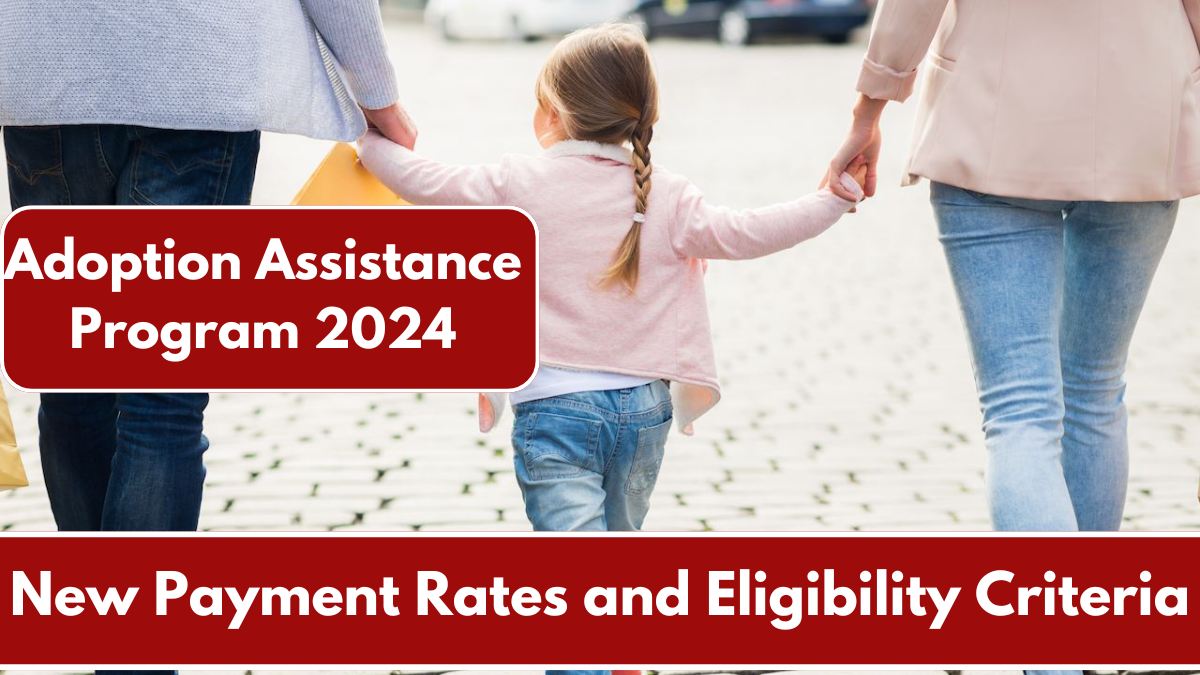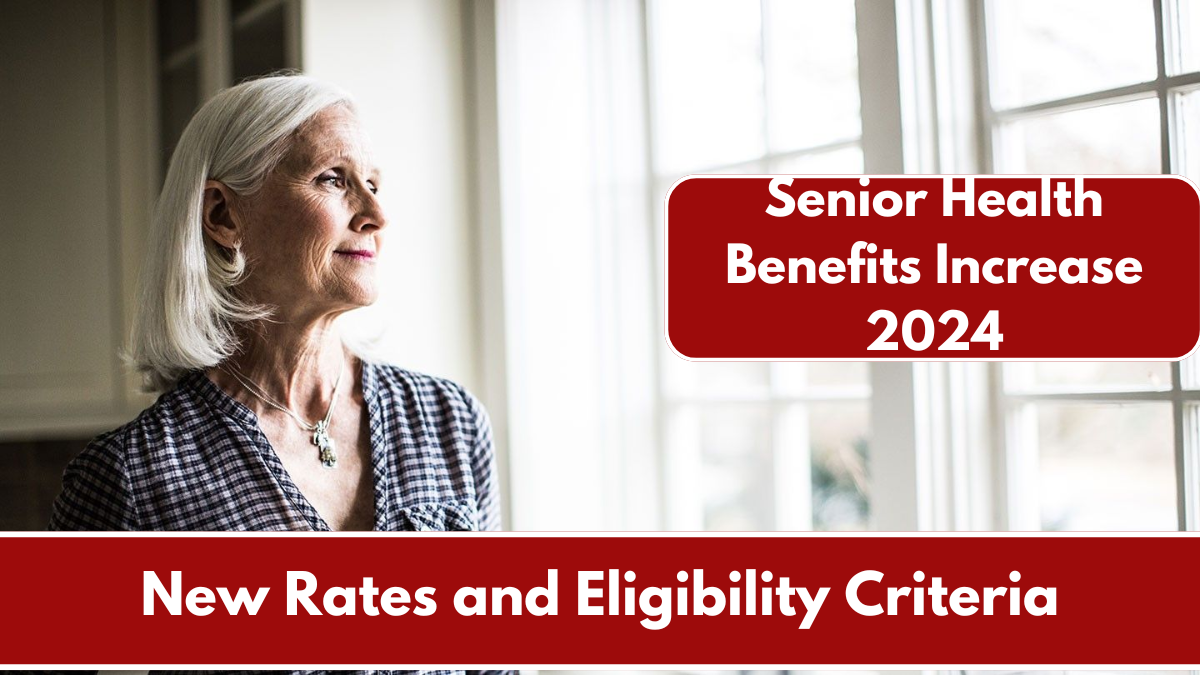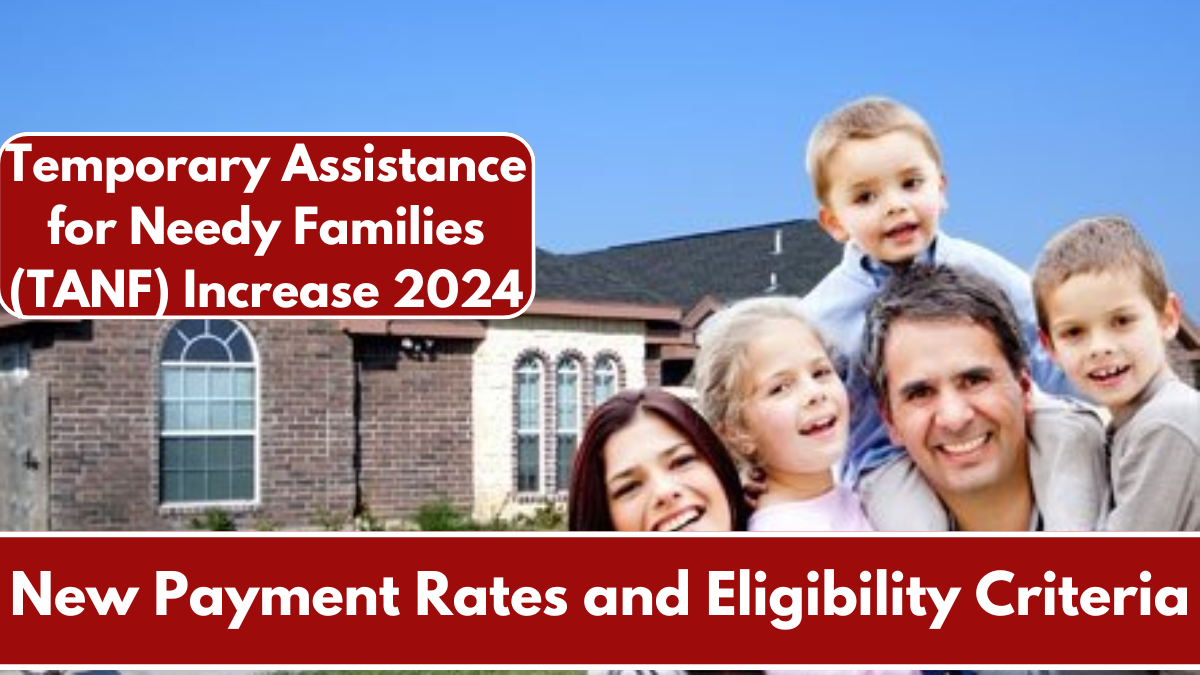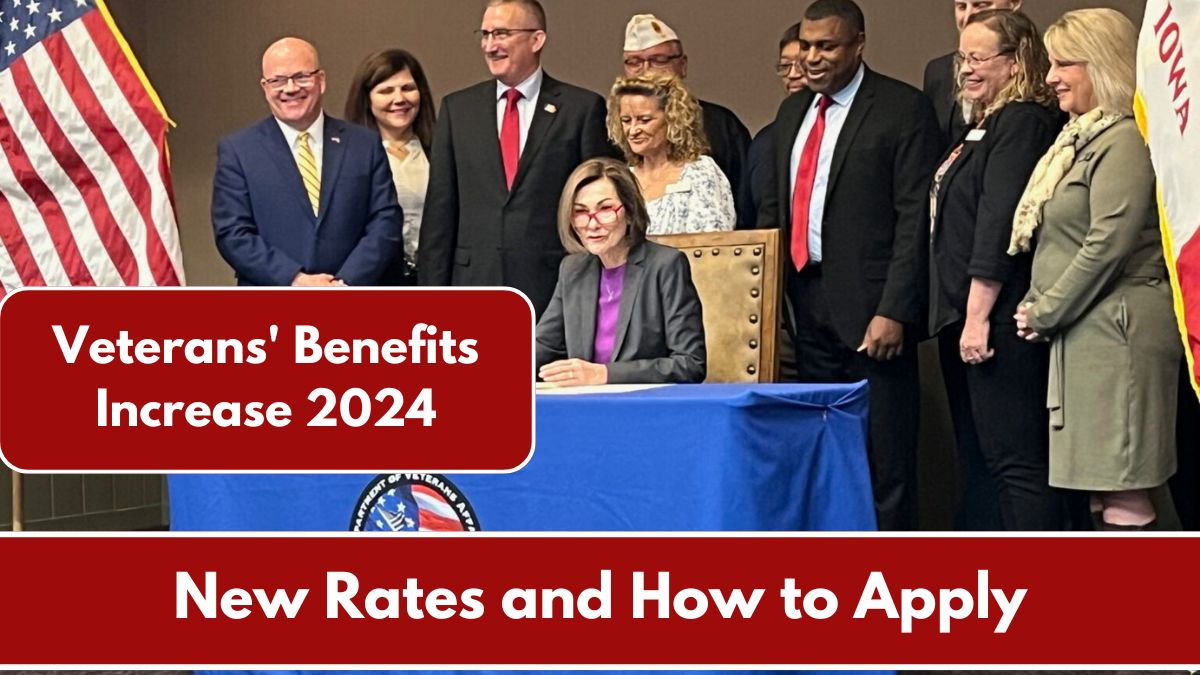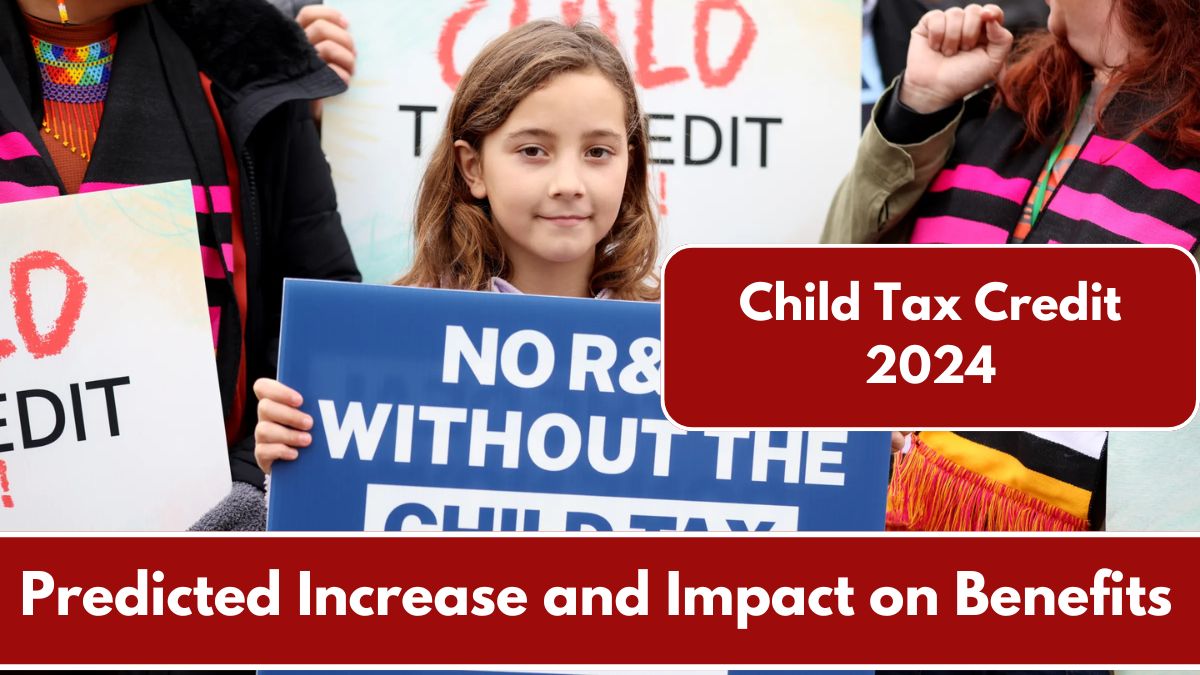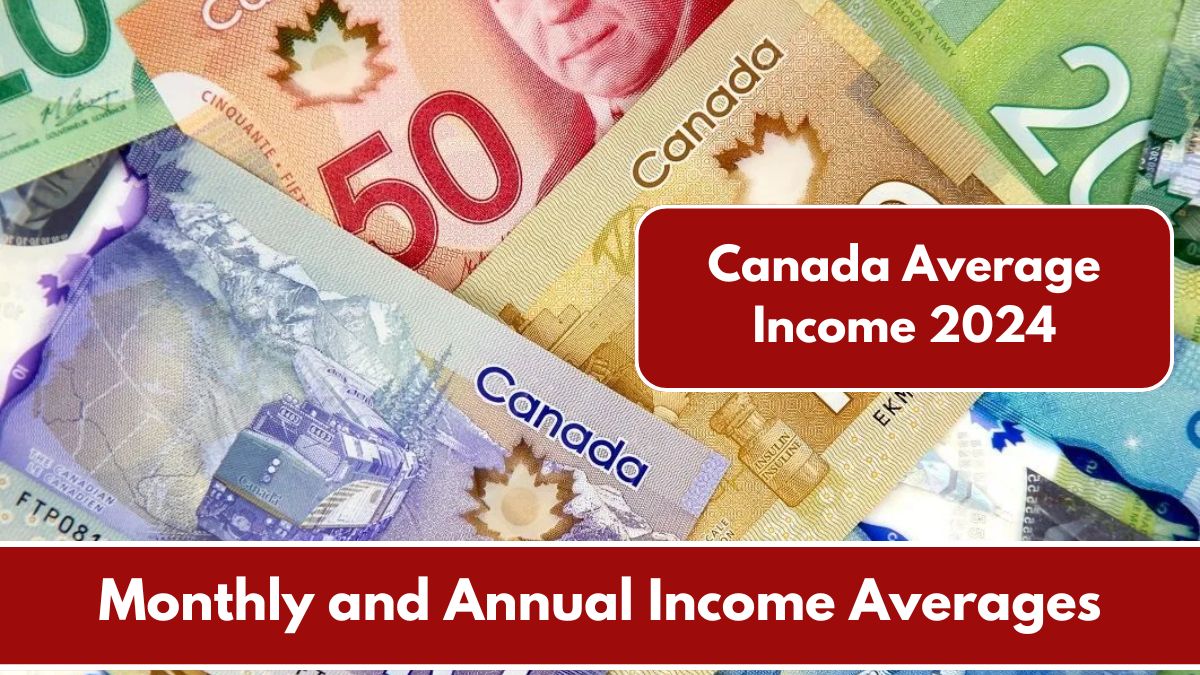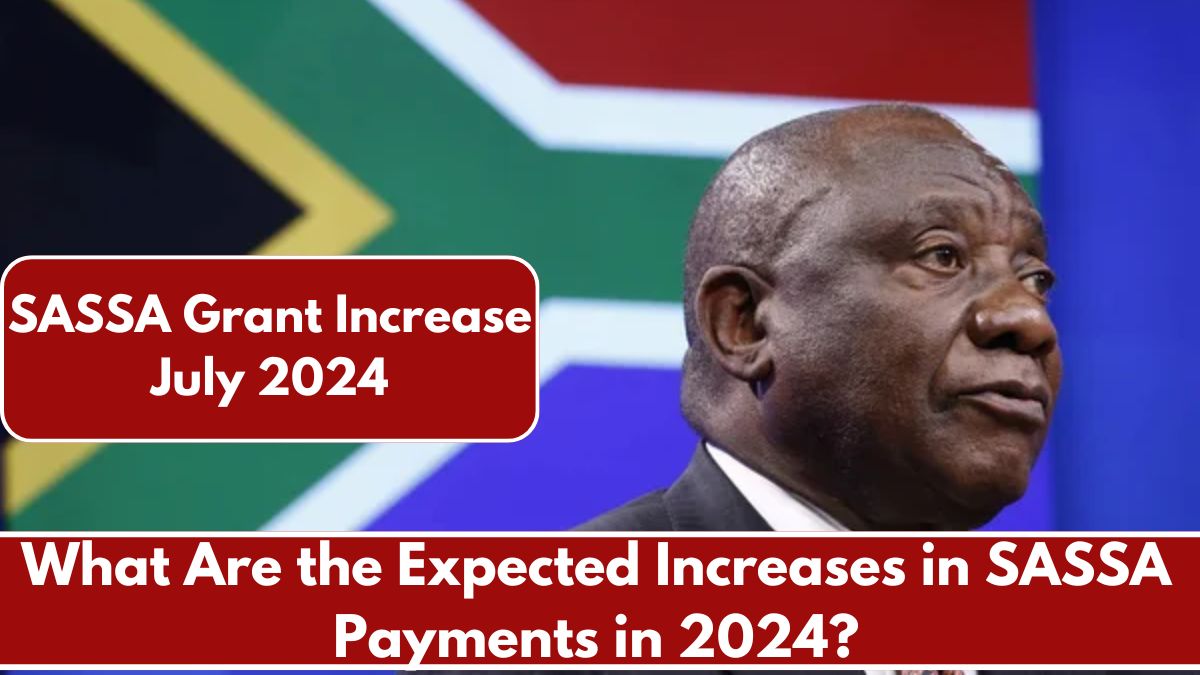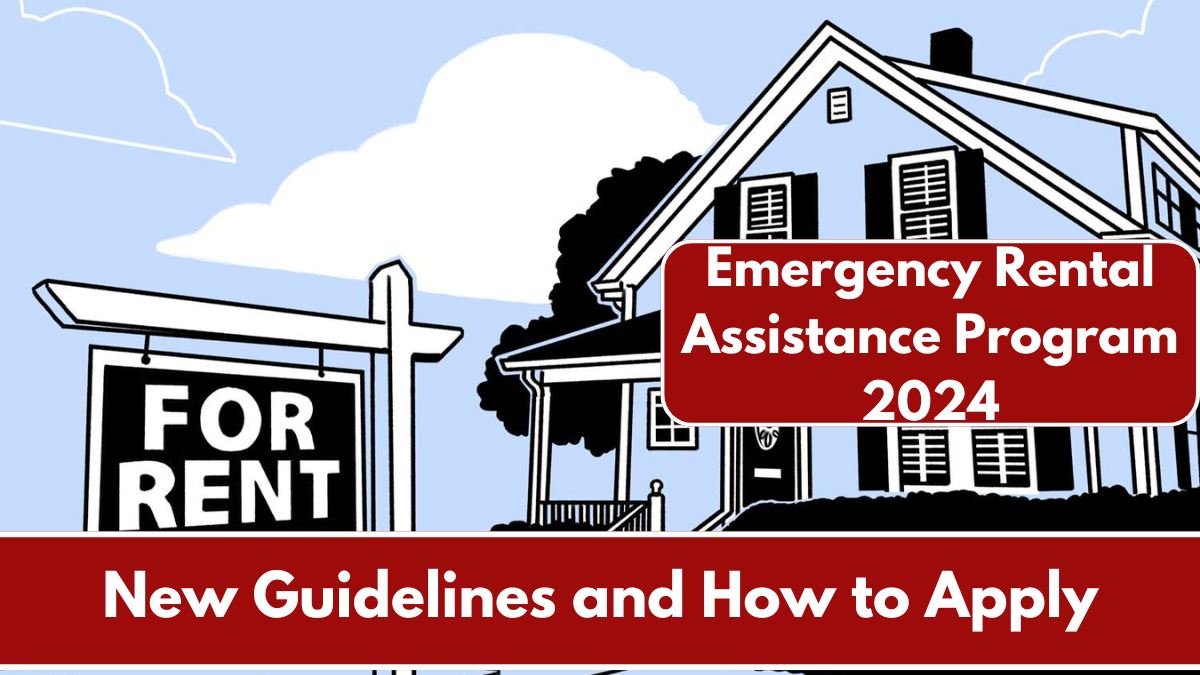Introduction:
With rising healthcare costs, Health Insurance Premium Credits for 2024 offer crucial financial relief to individuals and families struggling to afford health insurance coverage. These credits are designed to reduce the cost of premiums, making health insurance more accessible to those with lower to moderate incomes. In this article, we will explore the new rates for 2024, the qualification criteria, and provide answers to some frequently asked questions (FAQs) about the program.
New Rates
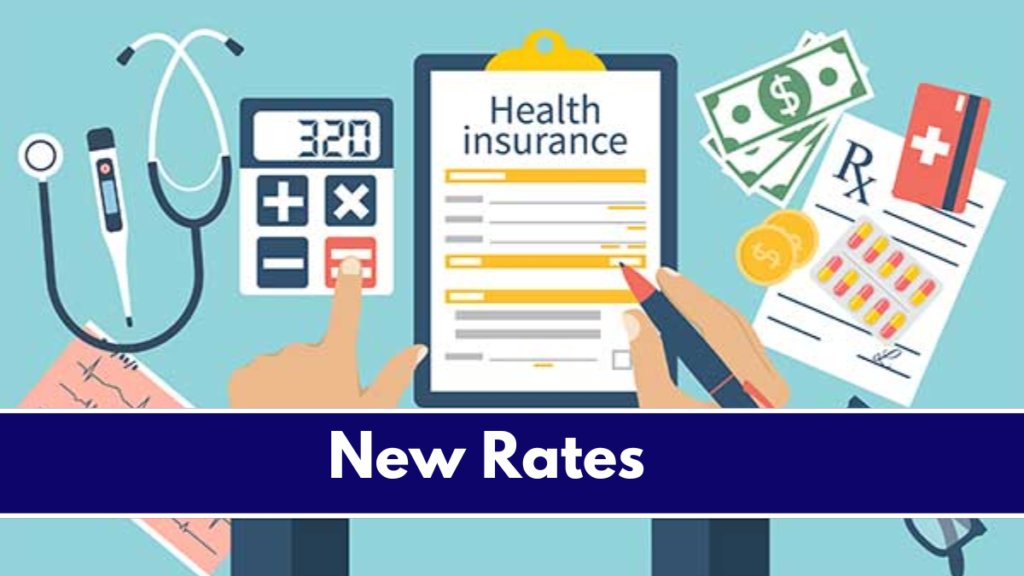
The Health Insurance Premium Credits for 2024 have been updated to reflect changes in the healthcare market and the cost of living. The amount of credit you can receive depends on your household income, family size, and the cost of health insurance premiums in your area. Below is a table showing the average premium credits available based on income levels.
| Income as % of Federal Poverty Level (FPL) | Single Person | Family of 2 | Family of 4 | Family of 6 |
|---|---|---|---|---|
| Up to 150% | $400 per month | $600 per month | $800 per month | $1,000 per month |
| 151% – 200% | $350 per month | $550 per month | $750 per month | $950 per month |
| 201% – 250% | $300 per month | $500 per month | $700 per month | $900 per month |
| 251% – 300% | $250 per month | $450 per month | $650 per month | $850 per month |
| 301% – 400% | $200 per month | $400 per month | $600 per month | $800 per month |
Note: The exact credit amount may vary based on specific plan costs and location.
How to Qualify

Qualifying for Health Insurance Premium Credits in 2024 depends on several factors. Here’s what you need to know:
- Income Level:
- Your household income must fall between 100% and 400% of the Federal Poverty Level (FPL). The exact income limits vary depending on the size of your household and the state you live in.
- Enrollment in a Qualified Health Plan:
- You must be enrolled in a health insurance plan through the Health Insurance Marketplace. These credits are not available for plans outside the marketplace.
- Filing Status:
- Generally, you must file your taxes as an individual, married filing jointly, or head of household. Married couples who file separately are typically not eligible for premium credits unless specific exceptions apply.
- No Access to Other Coverage:
- You cannot qualify for premium credits if you have access to affordable coverage through an employer or government programs like Medicaid or Medicare.
- Citizenship or Residency:
- You must be a U.S. citizen or legal resident to qualify for premium credits.
Conclusion:
Health Insurance Premium Credits for 2024 are a key tool in making health coverage more affordable for millions of Americans. By understanding the new rates and the qualification criteria, you can maximize your savings and ensure that you and your family have access to essential healthcare services. Whether you’re navigating the Health Insurance Marketplace for the first time or reassessing your options, these credits can significantly reduce your monthly premiums, providing financial relief and peace of mind.
FAQ’s:
Q1. What is the Health Insurance Premium Credit?
The Health Insurance Premium Credit is a subsidy provided by the federal government to help lower the cost of health insurance premiums for individuals and families with low to moderate incomes. These credits are applied directly to your monthly insurance premium, reducing the amount you pay out of pocket.
Q2. How is the amount of the Premium Credit determined?
The amount of the Premium Credit is based on your household income and the size of your family. It also takes into account the cost of health insurance premiums in your area. Generally, the lower your income, the higher the credit you will receive.
Q3. What if my income changes after I’ve been approved for the Premium Credit?
If your income increases or decreases during the year, it’s important to update your information in the Health Insurance Marketplace as soon as possible. Changes in income can affect the amount of credit you are eligible for, and updating your income can help you avoid having to repay any excess credits when you file your taxes.
Q4. Can I still qualify for the Premium Credit if I miss the open enrollment period?
You may still qualify for the Premium Credit if you are eligible for a Special Enrollment Period (SEP). SEPs are available to individuals who experience certain life events, such as losing other health coverage, getting married, or having a baby. Otherwise, you would need to wait for the next open enrollment period to apply.
Q5. Do I need to repay the Premium Credit if my income is higher than expected?
Yes, if your income is higher than what you initially estimated when you applied for the credit, you may have to repay some or all of the credit when you file your taxes. The amount you need to repay depends on how much your income exceeded the estimate and how much credit you received. Keeping your Marketplace information up to date helps minimize this risk.



